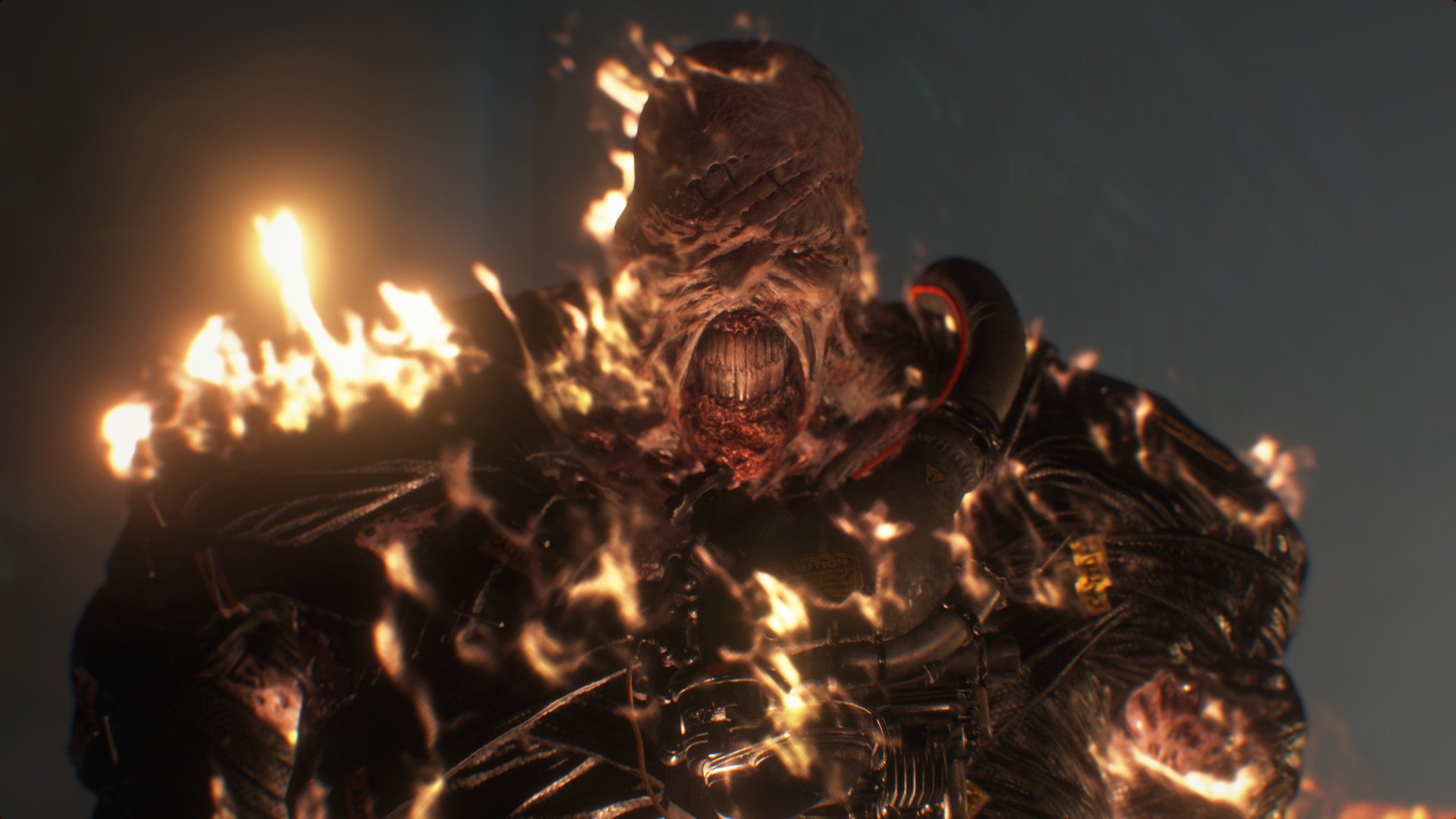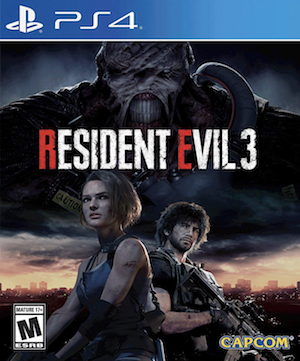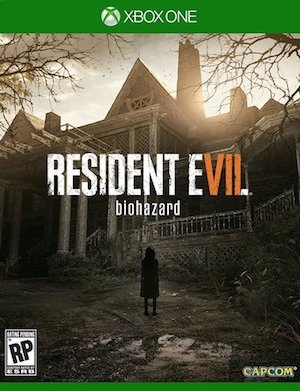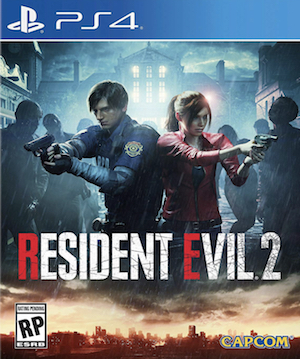
Very few things have been as exciting to behold this generation as Capcom’s resurgence. The Japanese publisher, which saw itself lose credibility, mindshare, and most of its financial footing, after the transition to HD consoles, roared back with a vengeance in the back half of this generation, with games such as Resident Evil 7, Devil May Cry 5, Monster Hunter World, and of course, the excellent Resident Evil 2 remake, showing us why Capcom used to be a force to be reckoned with.
However, this success, especially of the Resident Evil games, may have sent the wrong signal to Capcom – at least to some extent. Capcom has stated an explicit desire to release one major Resident Evil game a year, and the first time we saw this strategy in action was with Resident Evil 3‘s remake, coming just a year after last year’s seminal Resident Evil 2 remake. This remake is for all purposes a sort of litmus test for Capcom’s desire to annualize Resident Evil. And early indications are not the most encouraging.
Now, to be very clear, the Resident Evil 3 remake is… fine. It’s good. It’s not a bad game in the slightest. It’s just extremely underwhelming next to how accomplished the Resident Evil 2 remake was, and a baffling step backwards not just from that game, but in many ways, also the original PS1 Resident Evil 3: Nemesis. It’s not clear how much of this is attributable to the game releasing this year – by all accounts, Resident Evil 3‘s remake has been in development for years, and it had a much smoother development cycle than the 2 remake did. However, if nothing else, it is clear that this rapid release cycle is causing diminishing returns-fueled fatigue to set in.
The biggest successes Resident Evil as a franchise has seen have come from the developers taking their time and trying to experiment with just what they can do with the series. By mandating one new release every year, no matter what, Capcom risks falling into the same trap that ensnared Assassin’s Creed, Call of Duty, and Pokemon – at some point, you need to start compromising on quality and content, if you are to hit that concrete, immovable release date.
This is something Ubisoft learned to their detriment as the pressure of putting out one new Assassin’s Creed game a year became unmanageable and caused the series to hit a low point with Assassin’s Creed Unity. It was only after the failure of that game that they decided to do some soul-searching, and resolved to take as much time as necessary to work on these games, rather than having an arbitrary “one release a year” requirement.
Meanwhile, Pokemon has also seen the quality of its recent installments go down over the last few years, and while Sword and Shield were good games that sold a record-breaking amount of copies, the sheer amount of compromises they had to make to release on time has caused a lot of ill-will with fans. While it is not yet clear if Game Freak will back down from the annual release schedule that seems untenable for Pokemon now, at the very least, they have decided to take this year off – which, again, indicates they may have learned from the experience.
Ubisoft, incidentally, is a massive company, with a literal tens of thousands of developers working on its games (you would know this if you have ever sat through the credits of any Assassin’s Creed game). Pokemon is the world’s largest media franchise, with more resources available to it than just about anything else. If even they have had trouble maintaining an annual release cadence, then Capcom, a far smaller publisher and developer, with franchises that while beloved, nowhere near as big as those two, cannot be expected to maintain quality while putting out one new game a year. Talented as they are, that is simply an unreasonable expectation. Games are far too time and resource intensive for that kind of output to be possible anymore. Even Activision had to put practically all their studios on Call of Duty to ensure they would be able to have one game out a year every year this generation.
It would, therefore, be in Capcom’s best interests to slow it down with their output, at least as far as Resident Evil goes. One big reason that Capcom’s resurgence has been as exciting as it has been is because each of their releases has been an event so far – Resident Evil 7 was the first game in the series in years. Monster Hunter World was the first game in the series to hit consoles in over half a decade. Devil May Cry 5 was the first game in the series to release in 8 years. Mega Man 11 brought back a franchise that had been on hiatus for nigh on a decade back in style. And Resident Evil 2 was the first third person mainline Resident Evil game in a very long time, while also being a remake that people had been looking forward to ever since the original Resident Evil remake in the early 2000s.
That novelty gets lost when you put out one new game in your franchise every year. And the kinds of bold risks and paradigm shifts that caused games like Resident Evil 7 to be as appreciated as they were are simply impossible with that kind of a release schedule as well. If you have to put out a game every year, you will need to share assets, engine, and technology to save time, and that means you simply do not have the means to try and experiment with new things, and implement them if they work out well.
In general, I stand against annual releases for video games, and I have been very glad that Assassin’s Creed has moved away from that kind of a cadence in the last few years. I can only hope that Capcom will get the message before they have their own Unity moment – Resident Evil is far too good to have another Resident Evil 6 style “crash” again, after all.
Note: The views expressed in this article are those of the author and do not necessarily represent the views of, and should not be attributed to, GamingBolt as an organization.


















